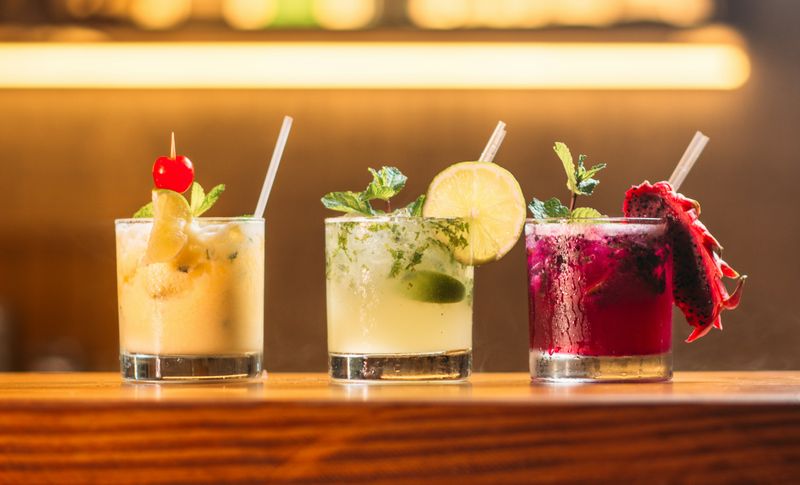Driving depends on focus, quick reflexes, and good judgment, but alcohol interferes with all of these.
Alcohol slows reaction time and impairs decision-making, turning a simple drive into a serious risk. Understanding these effects is key to making safer choices and preventing alcohol-related accidents.
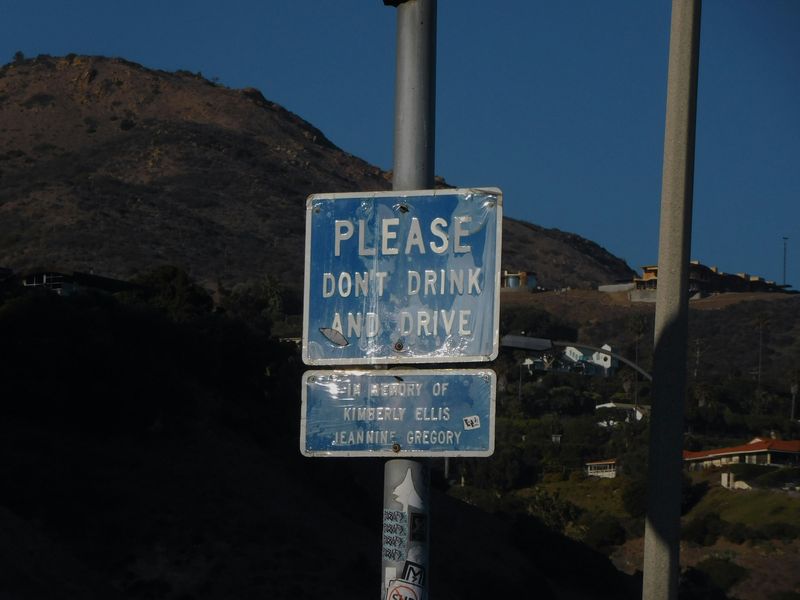 Photo by Rio Space on Unsplash
Photo by Rio Space on UnsplashWhich Substances Contain Alcohol?
Alcohol isn’t just in drinks — it can be in medicines, too! Whether it’s a beer or cold medicine, anything that slows you down can make driving dangerous.
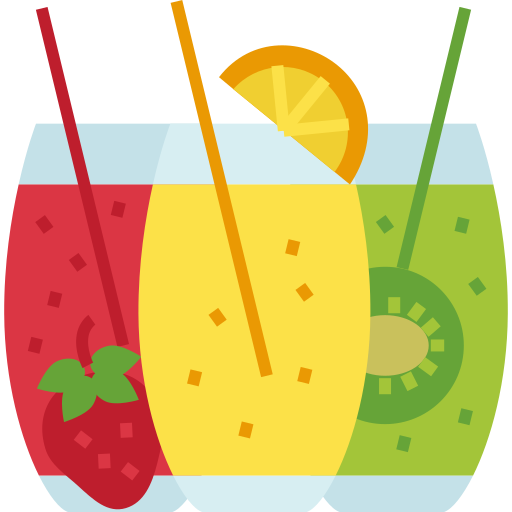 Alcohol isn’t just in fancy cocktails!
Alcohol isn’t just in fancy cocktails!
Beer: It has alcohol in it.
Wine: Even a glass with dinner contains alcohol.
Liquor: Shots, mixed drinks, and cocktails made with rum, vodka, whiskey, pack a serious punch.
Hard seltzer: Those fruity fizzy drinks might taste light, but they contain alcohol, too!
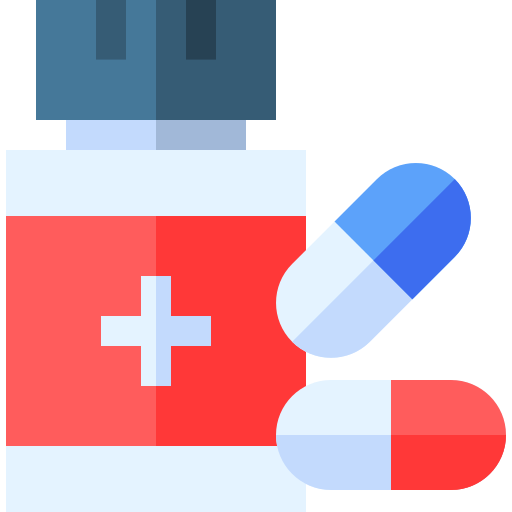 What about medications?
What about medications?
Cough syrup & cold medicine: Yep, they might contain alcohol. Check the label.
Prescription meds for anxiety, depression, or pain (like strong painkillers) can seriously affect your ability to drive safely.
Over-the-counter drugs like allergy meds or sleep aids can make you too drowsy to drive.
Quiz
Can medications affect your ability to drive safely?
How is Alcohol Measured?
What’s BAC, and Why Does It Matter?
According to the University of Toledo, BAC (blood alcohol concentration) measures the amount of alcohol in your blood. If it hits 0.08%, you’re legally too drunk to drive in most places.
But even small amounts of alcohol can mess with your reaction time and decision-making. So, your driving gets worse long before you're officially "drunk."
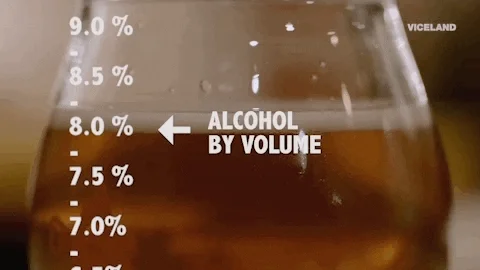
Reaction Time Slows Down
Imagine driving after a long day when you’re feeling exhausted — that’s similar to how alcohol affects you behind the wheel. Even small amounts of alcohol can slow your reaction time.
At 0.08% BAC, your reaction time drops by 120 milliseconds. If you're going 70 mph, that delay makes you travel an extra 12 feet before reacting, which can cause an accident.
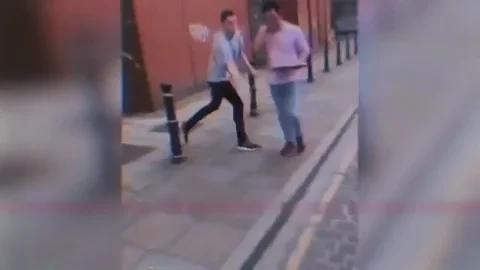
Decision-Making is Impaired
Ever done something and thought, "What was I thinking?" Now imagine that feeling, but behind the wheel.
Alcohol clouds your judgment, making even obvious risks seem not so bad. You might decide it’s totally fine to speed, ignore a red light, or take a turn way too fast — things you’d never do when sober.
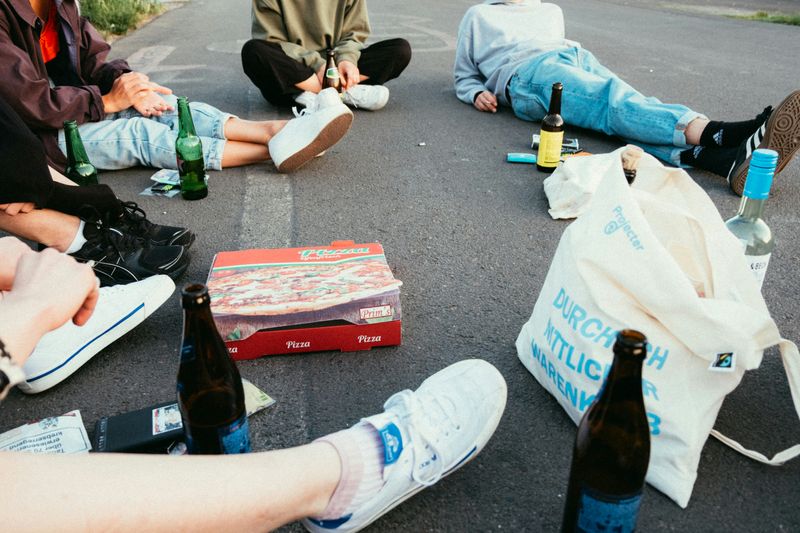 Photo by Tobias Tullius on Unsplash
Photo by Tobias Tullius on UnsplashSober people know drinking and driving is bad, but after a few drinks, they might change their mind for reasons like "getting home fast." Alcohol makes you focus on short-term rewards and ignore long-term risks like accidents.
The more you drink, the worse your decision-making gets.
Quiz
 Photo by Al Elmes on Unsplash
Photo by Al Elmes on UnsplashYou just had half a beer at a party, but you feel fine. Should you drive home?
A. Yes, because half a beer won’t affect you.
B. No, because even small amounts of alcohol can slow reaction time.
C. Yes, as long as you drive carefully.
D. It depends on how much time has passed.
Quiz
What's the right answer?
Take Action
When alcohol is involved, your decision-making takes a nosedive.
Protect yourself and others by planning ahead, making smart choices, and always avoiding driving after drinking — even if it’s just a couple of drinks. Don’t risk it — choose safety!
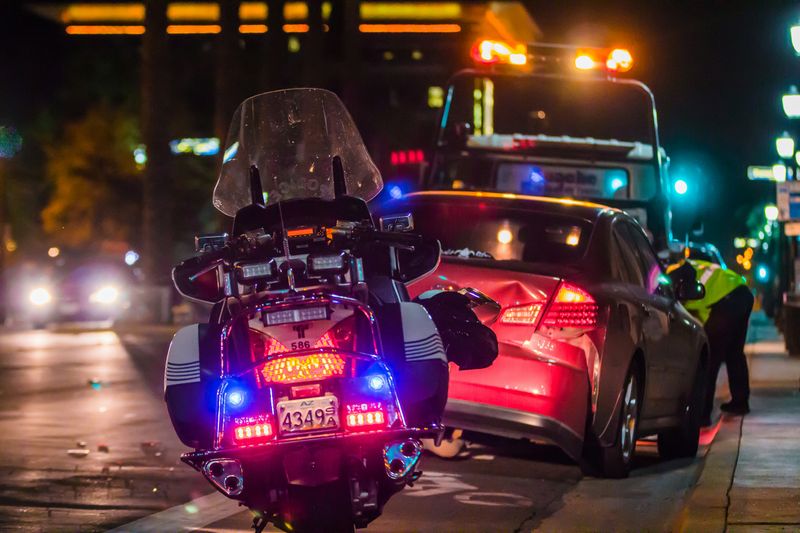 Photo by Matt C on Unsplash
Photo by Matt C on UnsplashYour feedback matters to us.
This Byte helped me better understand the topic.

